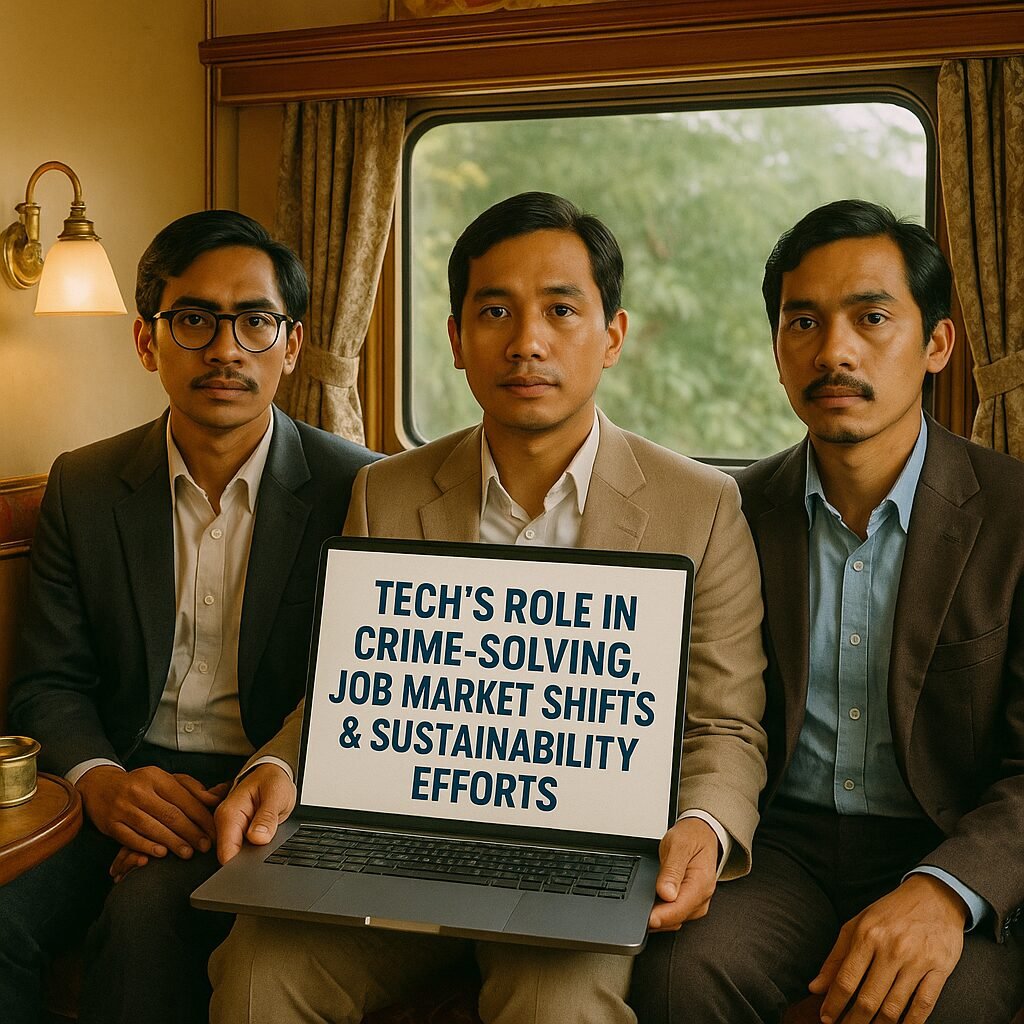- Snapchat location data aids in solving murder case, highlighting power of data in law enforcement.
- TikTok Shop job cuts post-merger in Indonesia signal broader economic impact on employees.
- Indonesia's plan for clean power grid showcases commitment to sustainability and potential job creation.

The world of tech continues to shape our daily lives in profound ways, from crime-solving to job markets, and sustainability efforts. In a recent report by Newsylist, Snapchat’s location data played a crucial role in solving a murder case in Wisconsin. Location data, often overlooked by the general public, has proven to be a powerful tool in the hands of law enforcement, enhancing their ability to solve crimes and bring justice to victims. This case underlines the growing significance of data in our digital age and raises questions about privacy and how such data should be used.
Switching to the job market, TikTok Shop in Indonesia plans to cut more jobs after its merger with Tokopedia, as reported by Tech in Asia. This comes as a blow to the employees and the job market in the region, especially given the current global economic struggles. The merger seems to have resulted in redundancies, leading to job cuts. This development underscores the potential fallout of business consolidations on employees and local economies. The repercussions extend beyond the immediate company, impacting the wider economic landscape.
On a more positive note, Indonesia is making strides towards a greener future. ANTARA News reports that the country plans to construct a 47,758 circuit-kilometer grid for clean power. This significant development is part of Indonesia’s commitment to reducing its carbon footprint and promoting sustainable energy sources. This move could potentially stimulate the job market, offsetting job losses in other sectors, like the one experienced by TikTok Shop employees. Furthermore, it represents a critical step towards global climate goals, emphasizing the role of innovation and technology in tackling environmental challenges.
In conclusion, these developments show that the impact of technology is wide-ranging. It is a powerful tool that can be used to solve crimes, shape economies, and pave the way for a sustainable future. However, it’s worth noting that the implications of these technological advancements can be both beneficial and detrimental, underlining the need for careful regulation and ethical considerations.

